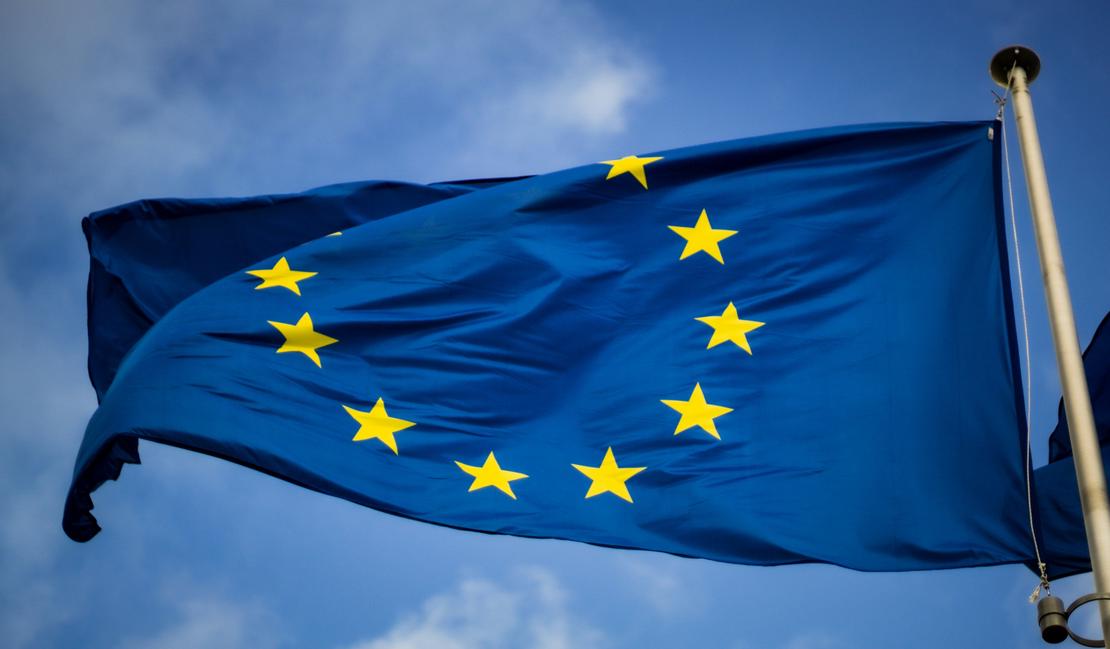
Seven Reasons You Should Be GDPR-Compliant Even If You Don’t Operate in the EU
- Shorey IT
- Explanations
- June 9, 2024
In an increasingly interconnected world, data privacy and security have become paramount concerns for businesses and individuals alike. The General Data Protection Regulation (GDPR), enacted by the European Union (EU) in 2018, is one of the most comprehensive data protection laws globally. While it primarily targets businesses operating within the EU, its implications reach far beyond European borders. Here’s why you should consider being GDPR-compliant, even if you don’t operate in the EU.
1. Global Reach and Applicability
GDPR’s jurisdiction isn’t confined to the EU. It applies to any organization that processes the personal data of EU citizens, regardless of where the organization is based. This means that if you have clients, customers, or users from the EU, you are required to comply with GDPR regulations. Ignoring this can lead to significant legal and financial repercussions, including hefty fines and potential bans on operating within the EU market.
2. Building Trust and Credibility
In today’s digital age, trust is a critical asset. By adhering to GDPR standards, you demonstrate a commitment to protecting your users’ data, which can significantly enhance your reputation. Consumers are becoming more aware of their data privacy rights and are likely to prefer businesses that prioritize their privacy and security. GDPR compliance can serve as a mark of quality, signaling to your clients that you take data protection seriously.
3. Improved Data Management Practices
GDPR compliance necessitates a thorough review and overhaul of your data management practices. This can lead to more efficient and secure data handling procedures, reducing the risk of data breaches and other security incidents. By implementing GDPR-compliant measures, such as data minimization, regular audits, and robust security protocols, you can improve your overall data governance and mitigate potential risks.
4. Competitive Advantage
Being GDPR-compliant can give you a competitive edge, especially if you operate in markets where data privacy is a significant concern. Many businesses still struggle to meet GDPR requirements, so achieving compliance can set you apart from competitors. It positions you as a forward-thinking company that values privacy and security, which can be a compelling selling point for privacy-conscious customers and partners.
5. Future-Proofing Your Business
Data protection regulations are not static; they evolve in response to emerging threats and changing societal expectations. By aligning your practices with GDPR, you are better prepared for future regulatory changes, both within and outside the EU. Many countries are adopting GDPR-like regulations, and being compliant now can ease the transition to new laws in the future, saving you time and resources.
6. Reducing Legal Risks
Non-compliance with GDPR can result in severe penalties, including fines of up to €20 million or 4% of your global annual turnover, whichever is higher. Additionally, data breaches can lead to costly legal battles, compensation claims, and damage to your brand’s reputation. By proactively ensuring GDPR compliance, you minimize the risk of legal issues and associated costs, providing peace of mind for your business operations.
7. Enhancing Customer Experience
GDPR emphasizes transparency and gives individuals greater control over their personal data. By complying with these regulations, you empower your customers with knowledge and control, fostering a positive user experience. Features like easy-to-understand privacy policies, clear consent mechanisms, and accessible data management options can enhance customer satisfaction and loyalty.
Conclusion
While GDPR is a regulation born out of the EU, its impact is undeniably global. Embracing GDPR compliance, even if you don’t operate within the EU, can offer numerous benefits, from enhancing your reputation to improving data management practices and reducing legal risks. In an era where data privacy is increasingly valued, prioritizing GDPR compliance is not just a legal obligation but a strategic business decision.
Investing in GDPR compliance is an investment in your company’s future, ensuring you stay ahead of regulatory demands and earn the trust of your global customer base.


